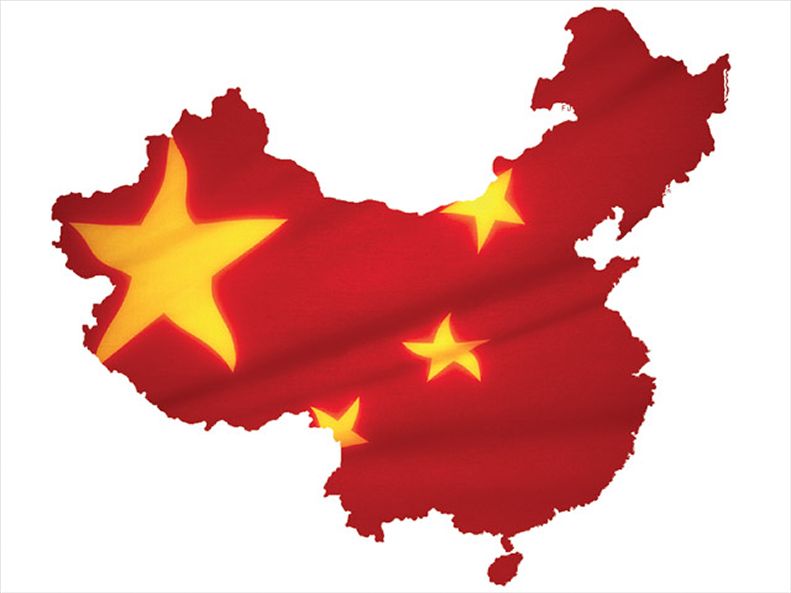NGO Activity in China Remains Limited, Despite Voiced Commitments to Reform
By Dezan Shira & Associates
Posted: 7th January 2015 09:56
SHANGHAI – As China faces increasing social and environmental challenges, the role of non-governmental organizations (NGOs) in addressing such issues has been recognized by the Chinese government to a greater extent than ever before. As evidence of this, the number of NGOs registered in China has almost doubled over the past decade.Yet to date, it has been notoriously difficult to set up an NGO in China. The law governing the creation of NGOs in China, the Regulations on the Registration and Administration of Social Organizations, requires that an NGO locate a Government Supervisory Entity to act as a sponsor before it can be registered with the Ministry of Civil Affairs.
This so-called dual registration process has proven to be a major hurdle in setting up new NGOs, especially with government agencies often reluctant to register new organizations, which may be regarded as a challenge to government authority. Many government agencies also lack the finances and manpower to properly supervise NGOs.
As a result, many NGOs operate informally, either registering as business enterprises, or existing unofficially, without a separate legal identity. Without being officially registered, an NGO is ineligible for tax exemptions, nor are donations deductible from the donator’s income tax. This severely restricts the NGO’s ability to raise funds.
The Chinese government is aware of these difficulties, and announced plans to address the issue as part of the 12th Five-year Plan of 2010. This announcement raised hopes that the regulatory framework applying to NGOs might soon be changed, as the draft amendments have been on the table since 2005. The proposed amendments would do away with the dual registration system and let NGOs directly register with the Ministry of Civil Affairs. Not having to first find a government agency as a sponsor would significantly reduce the barriers to setting up an NGO in China.
RELATED: Establishing NGOs in China
However, despite the goals expressed in the 2010 Five-Year Plan, little has changed. In late 2013, the Third Plenum of the CCP Central Committee placed the issue on the agenda for NPC Standing Committee in 2014, and suggested amending the Charity Promotion Law. While the suggested amendments were indeed discussed, the talks did not result in the implementation of any actual change.
While reform has been slow at a national level, certain provinces have been more proactive in improving the environment for NGOs to operate locally. A trial program held in Guangdong, for example, newly allowed NGOs register without the support of a supervisory agency. The Minister of Civil Affairs, Li Liguo has come forward to endorse this experiment, stating this should be the way forward for NGOs in China.
A spokesperson from the Surmang Foundation, an NGO withwhom Dezan Shira & Associates is actively involved, confirmed that support for their organization mainly comes from the provincial government. The charity is based in Qinghai Province in western China and is dedicated to combating infant mortality.
“Both the Public Health Bureau of Yushu Prefecture and the Public Health Department of Qinghai Province have been very pro-active and cooperative… In 1992 we signed an M.O.U. with Qinghai Governor Huang Jingbo to build a clinic. This was very helpful, and as a result, people in Yushu Prefecture got to know us very early on.”
On a day-to-day basis, running an NGO in China remains difficult. While the central government has repeatedly voiced its plans for reform, one can only hope that these will soon come to fruition, paving the way for NGOs like Surmang to maximize their potential for good.
This article was first published on China Briefing.
Dezan Shira & Associates is a specialist foreign direct investment practice, providing corporate establishment, business advisory, tax advisory and compliance, accounting, payroll, due diligence and financial review services to multinationals investing in emerging Asia. Since its establishment in 1992, the firm has grown into one of Asia’s most versatile full-service consultancies with operational offices across China, Hong Kong, India, Singapore and Vietnam as well as liaison offices in Italy and the United States.
For further details or to contact the firm, please email info@dezshira.com or visit www.dezshira.com.




Comments